The United Kingdom is a patchwork of history stitched together with quirky place names that often tickle curiosity. Ever wondered how these places got their bizarre names?
1. Nempnett Thrubwell
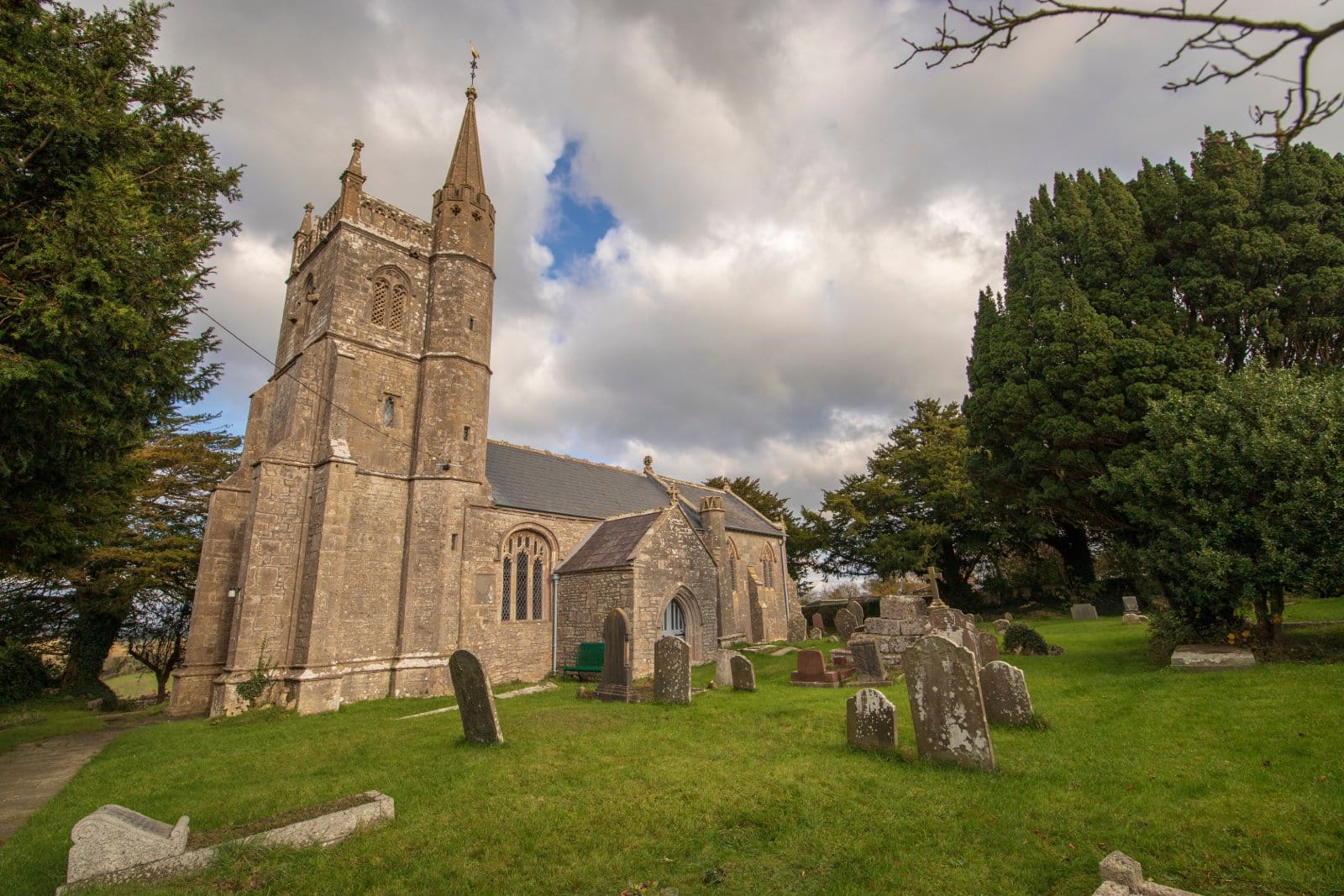
Nestled in Somerset, this oddly named village possibly combines the Old English words for a valley (‘nemnet’) with a personal name. The ‘Thrubwell’ part might be from another personal name, making it a truly unique combination.
2. Westward Ho!
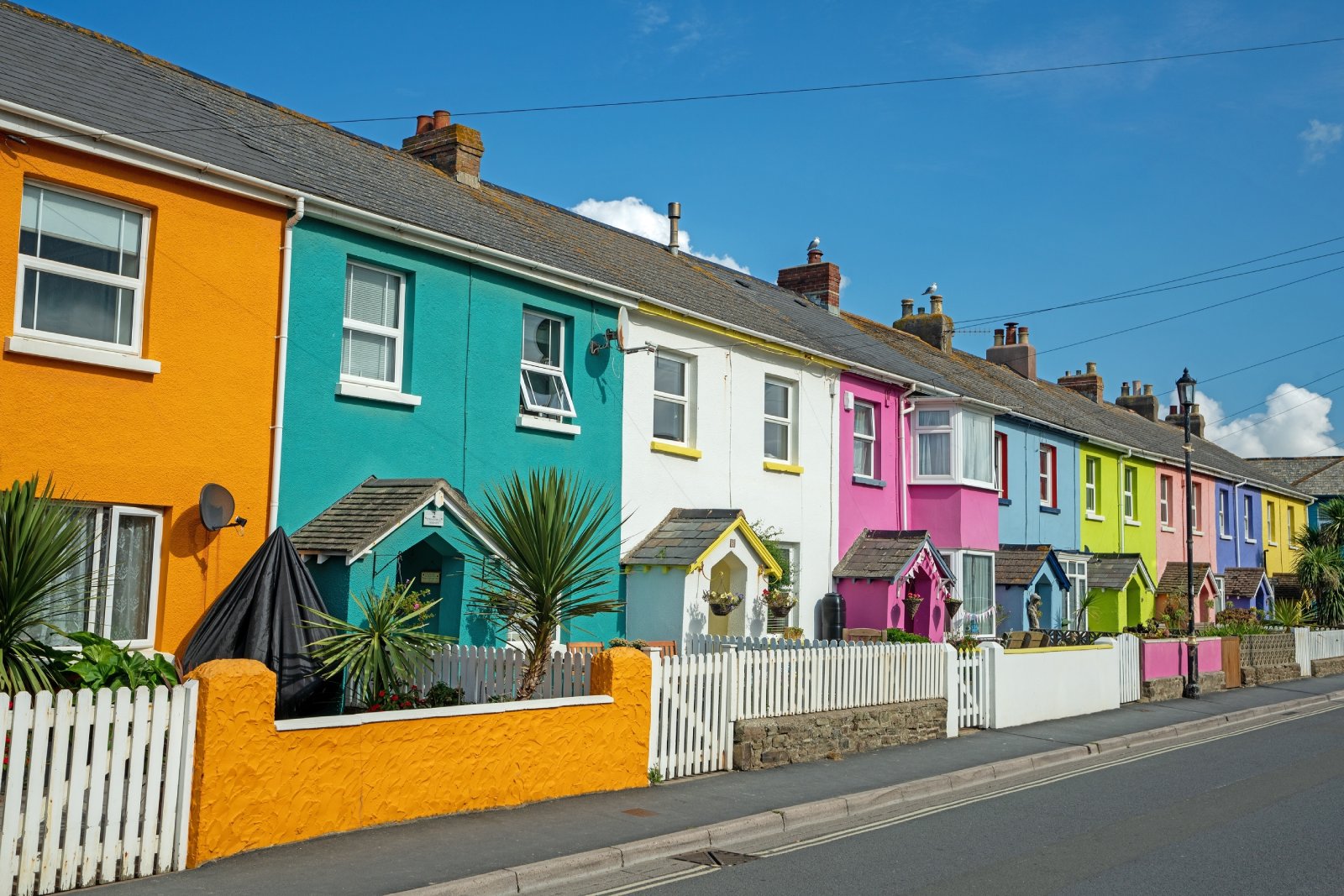
The only place in Britain with an exclamation mark in its name, Westward Ho! in Devon was named after a 19th-century novel by Charles Kingsley. The punctuation was used to promote the town as a holiday destination.
3. Pity Me
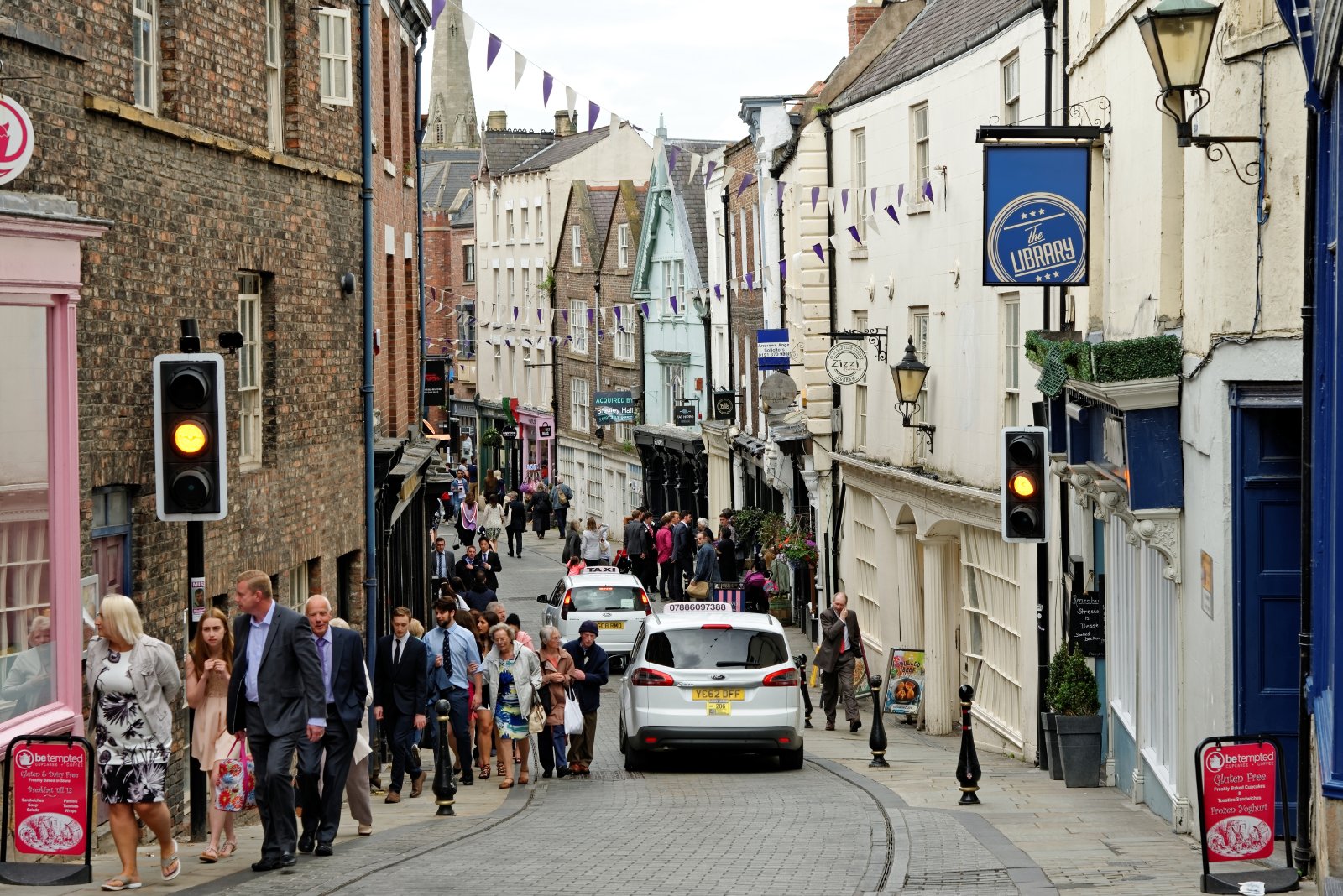
A village in County Durham, Pity Me’s origin is debated; it could stem from a pitifully poor soil quality or an old term for marshland. Either way, it sounds quite lamentable.
4. Ugley
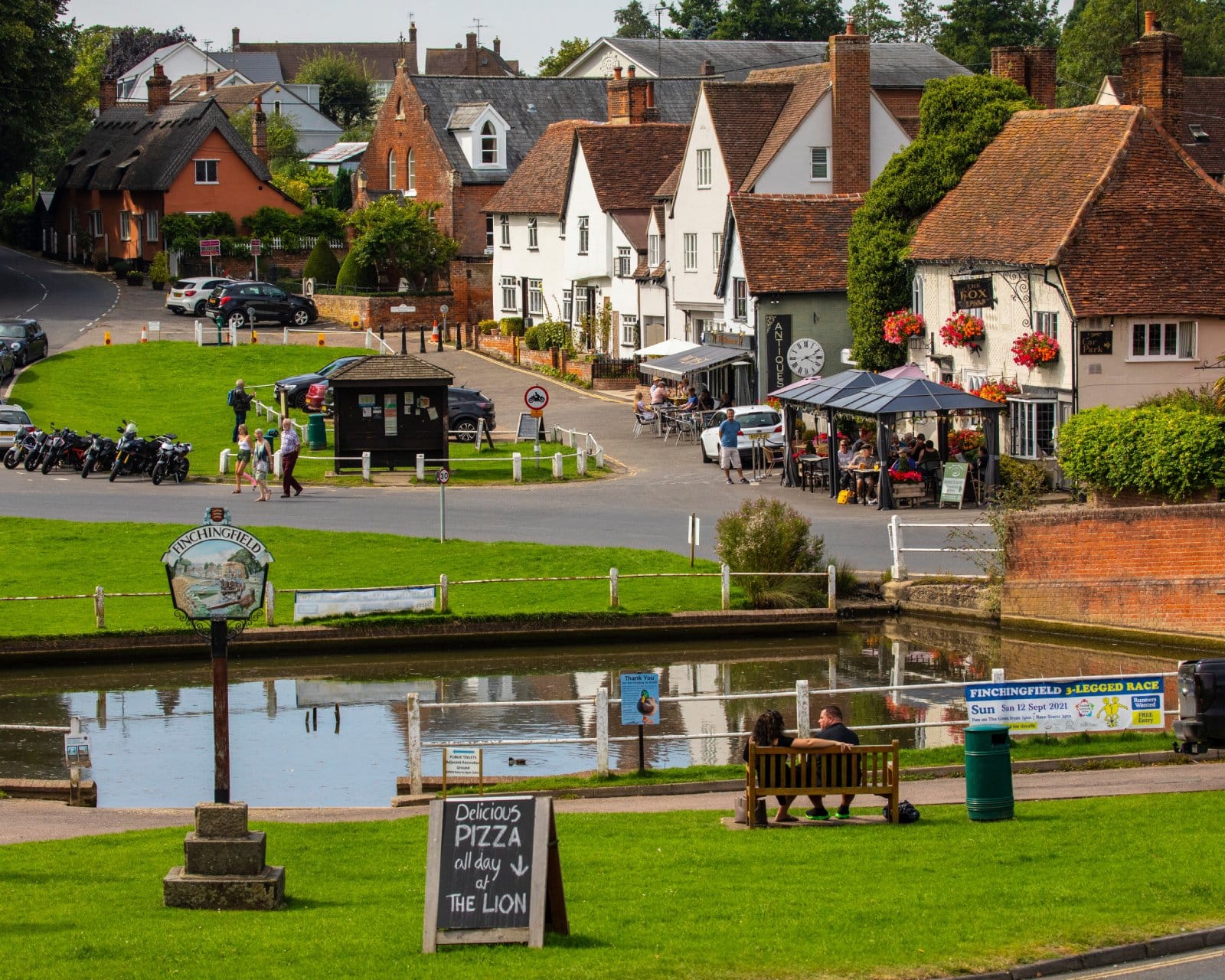
Originally ‘Uggele’, this Essex village got its name from an Old English name ‘Ugga’ combined with ‘ley’, meaning a clearing in the woods. Despite modern connotations, its origins are quite mundane!
5. Beer
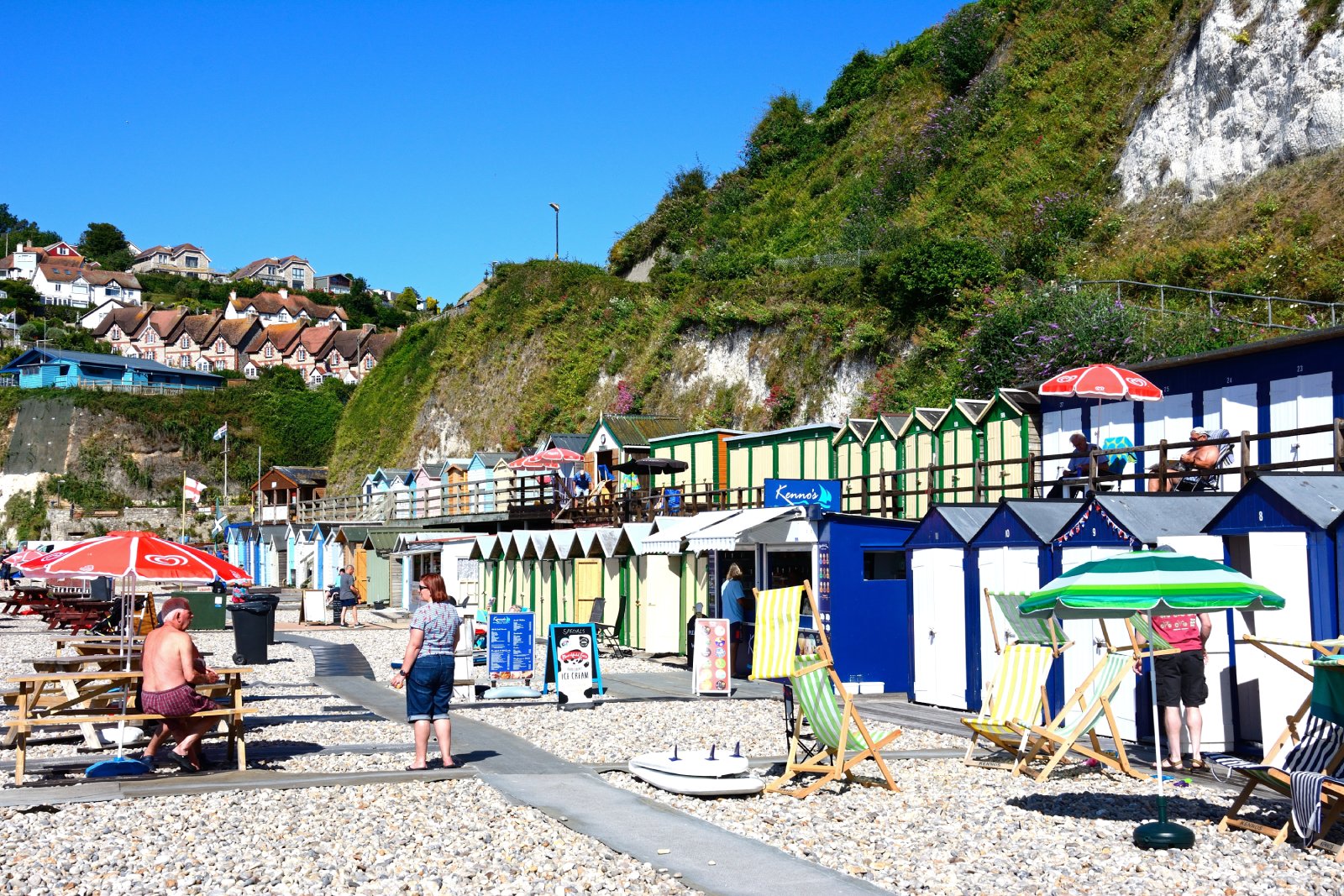
Located in Devon, Beer is not named after the beverage but derives from the Old English word ‘bearu’, meaning grove, referring to the original forestation that surrounded the village.
6. Bishops Itchington
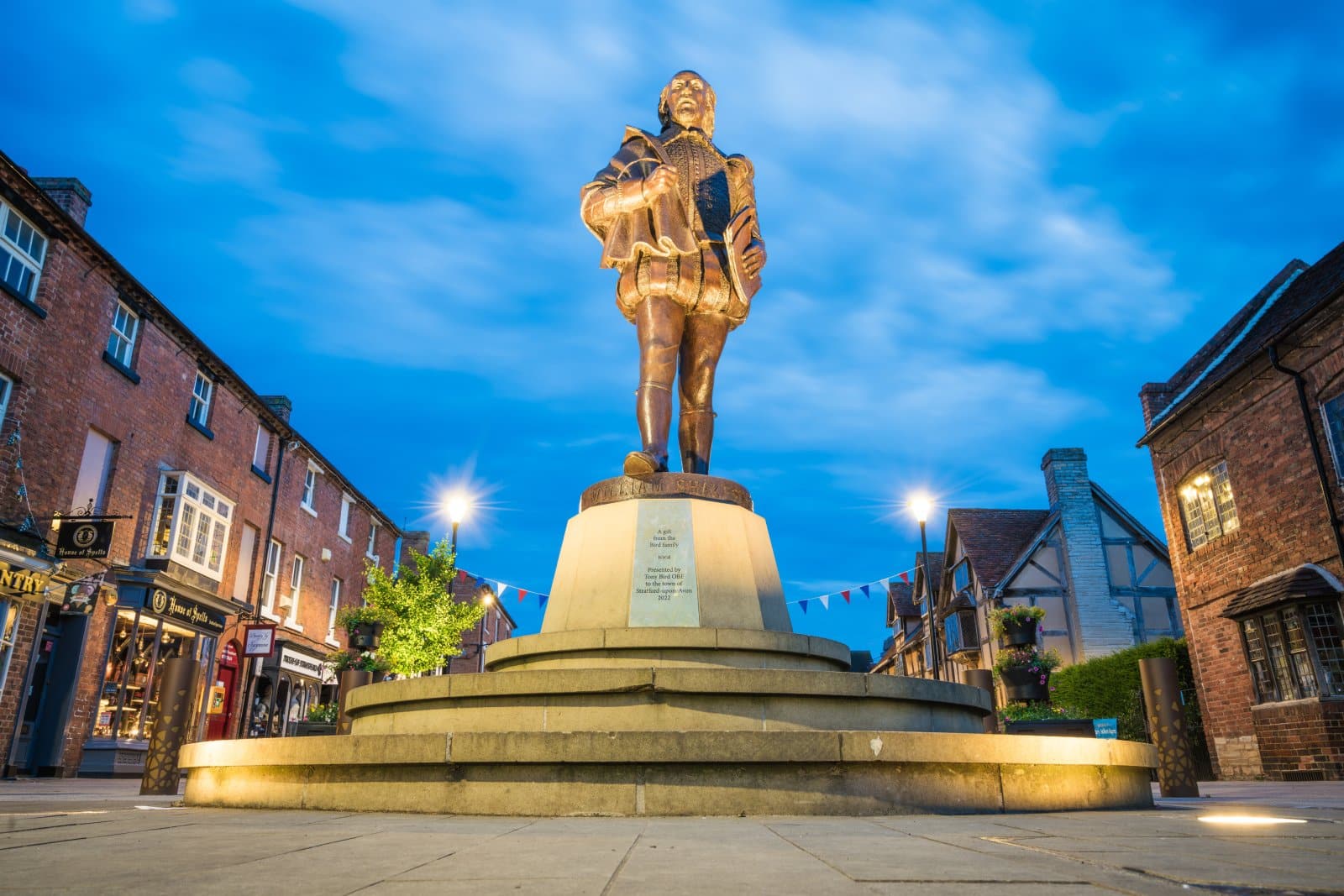
Not as itchy as it sounds, this Warwickshirian village probably combines the name of a local bishop with ‘Itchington’, from ‘Iccel’s tun’, meaning Iccel’s farm or estate.
7. Catbrain
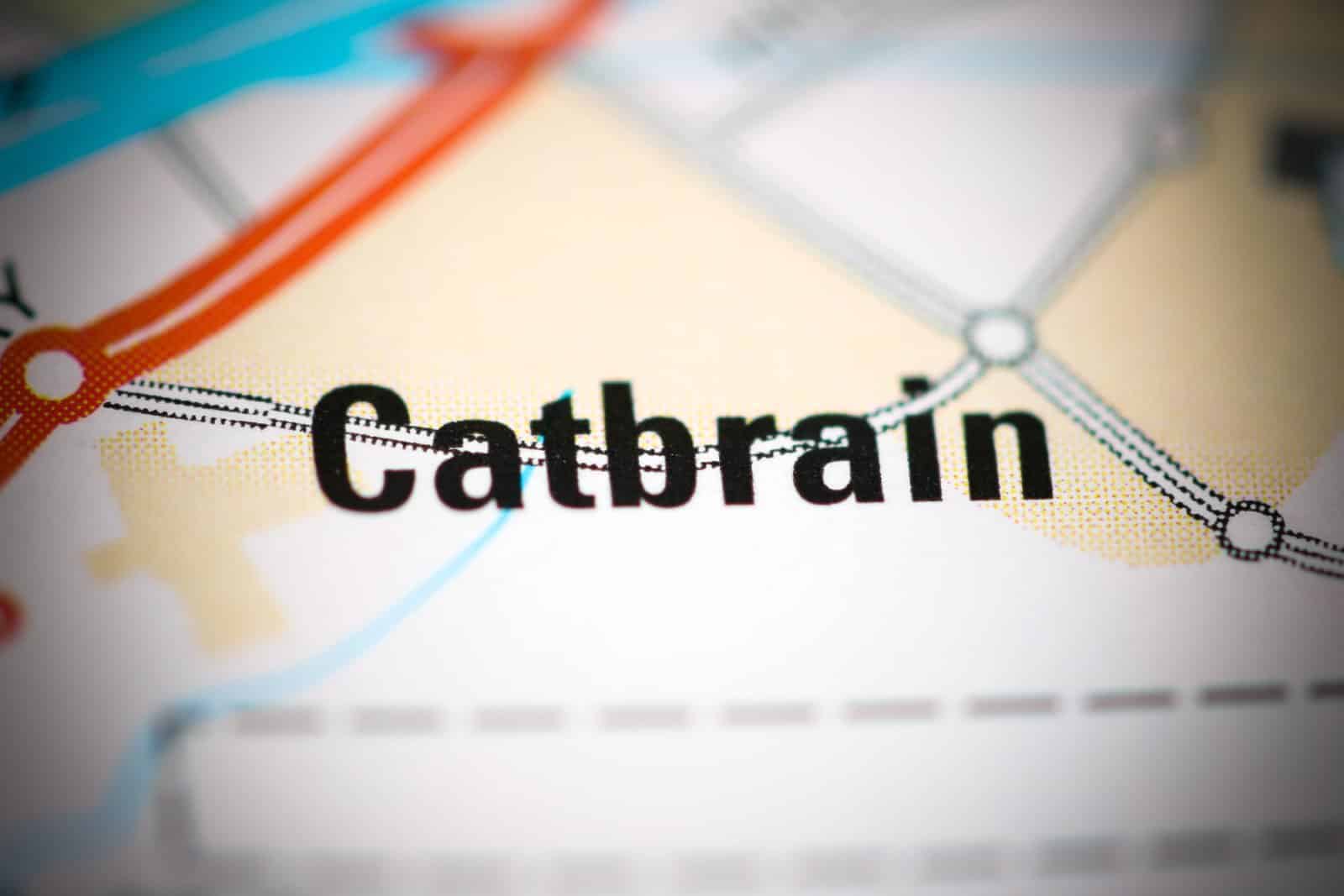
Situated in Gloucestershire, the name Catbrain is believed to come from the Old English ‘cattes braegen’, which means wild cat’s brain, possibly referring to a small, odd-shaped field.
8. Crapstone
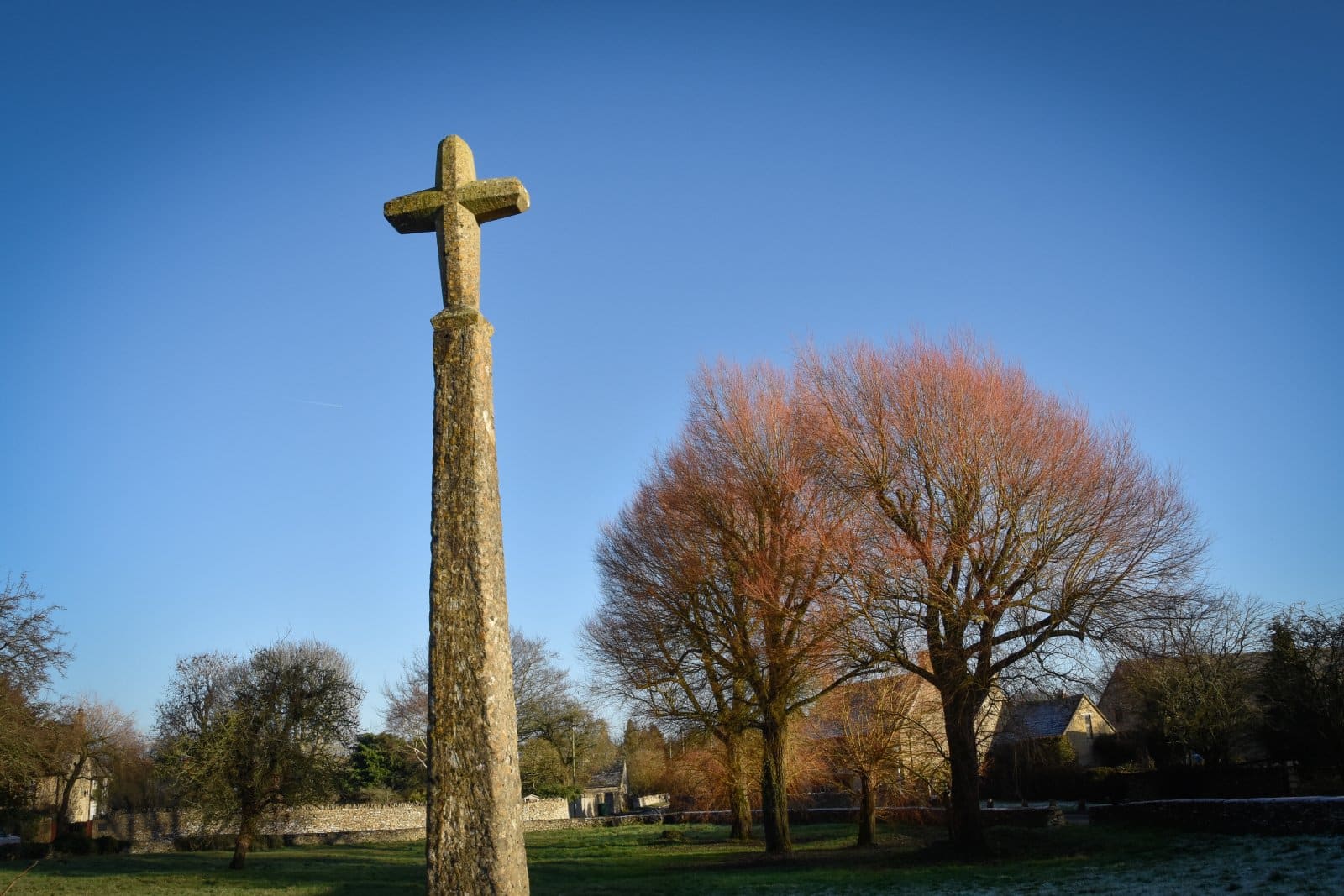
This unfortunately named village in Devon likely took its name from an Old English word meaning ‘crop’, as in a cultivated area on a hilltop.
9. Giggleswick
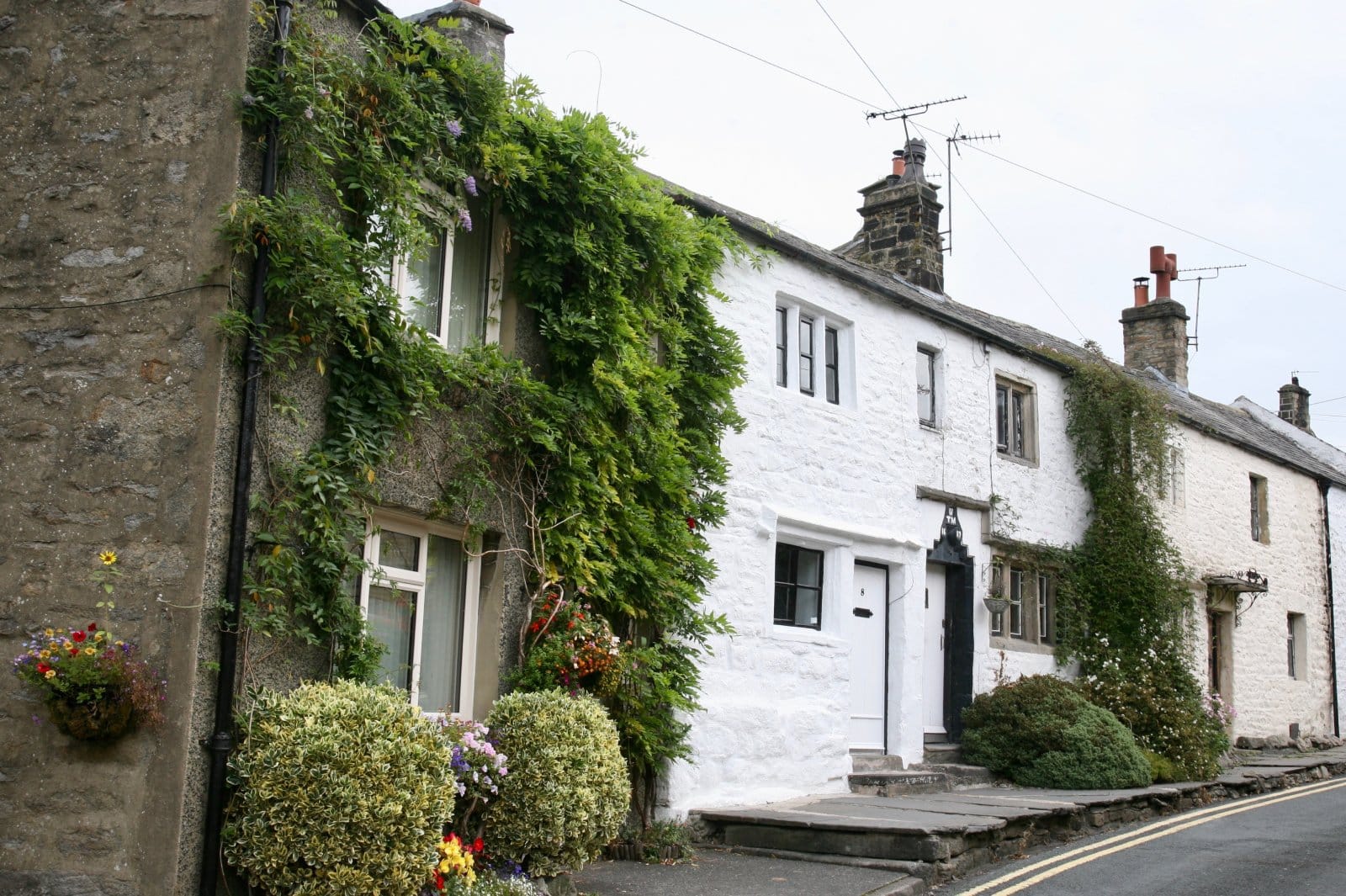
Located in North Yorkshire, Giggleswick might sound humorous but is likely derived from a personal name, ‘Gikel’ or ‘Gigel’, and the Old English ‘wic’, meaning dairy farm.
10. Lost
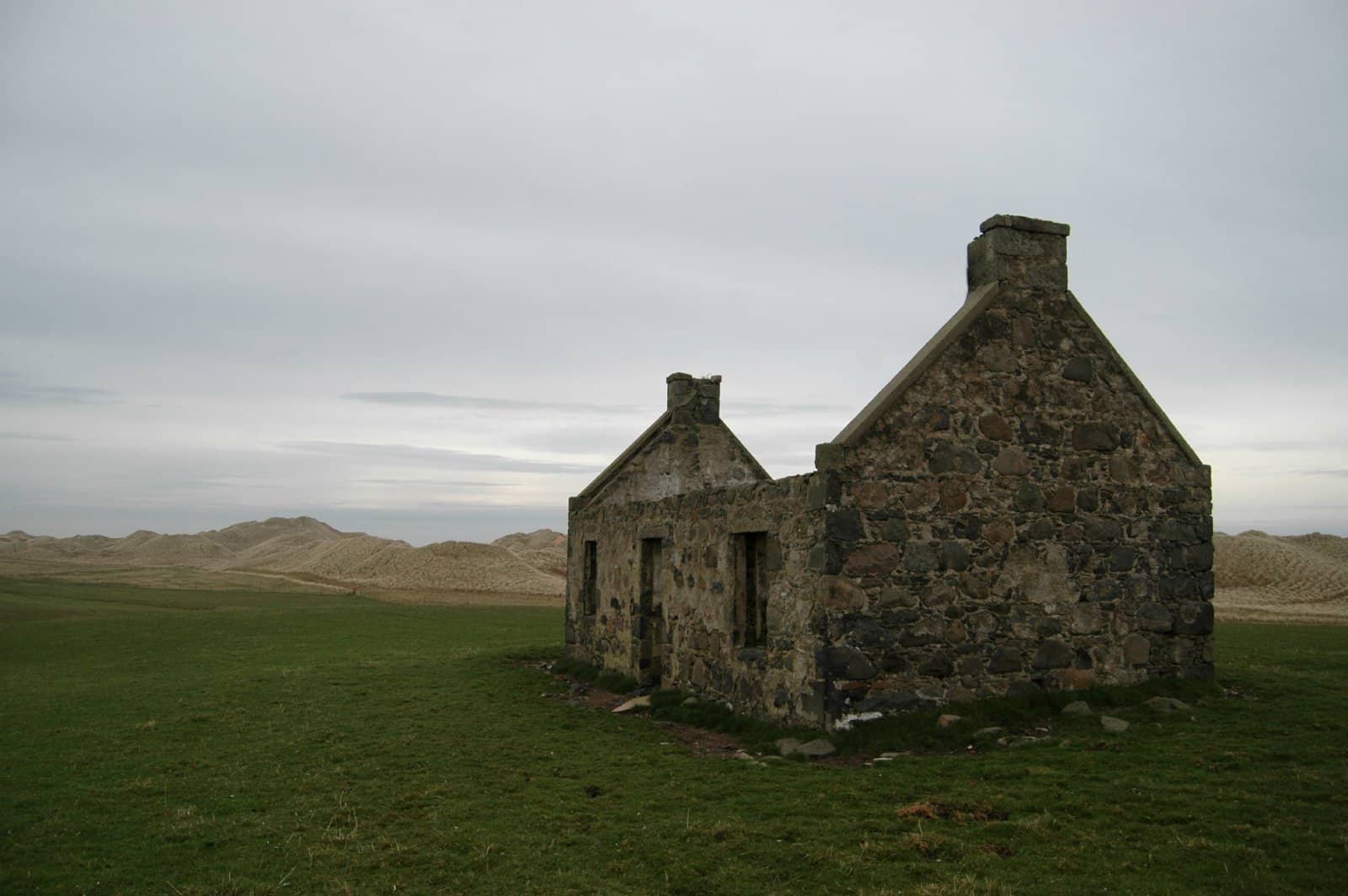
In Aberdeenshire, Lost likely derives from the Gaelic word ‘lost’, meaning inn, although its intriguing name suggests a much more mysterious origin.
11. Scratchy Bottom
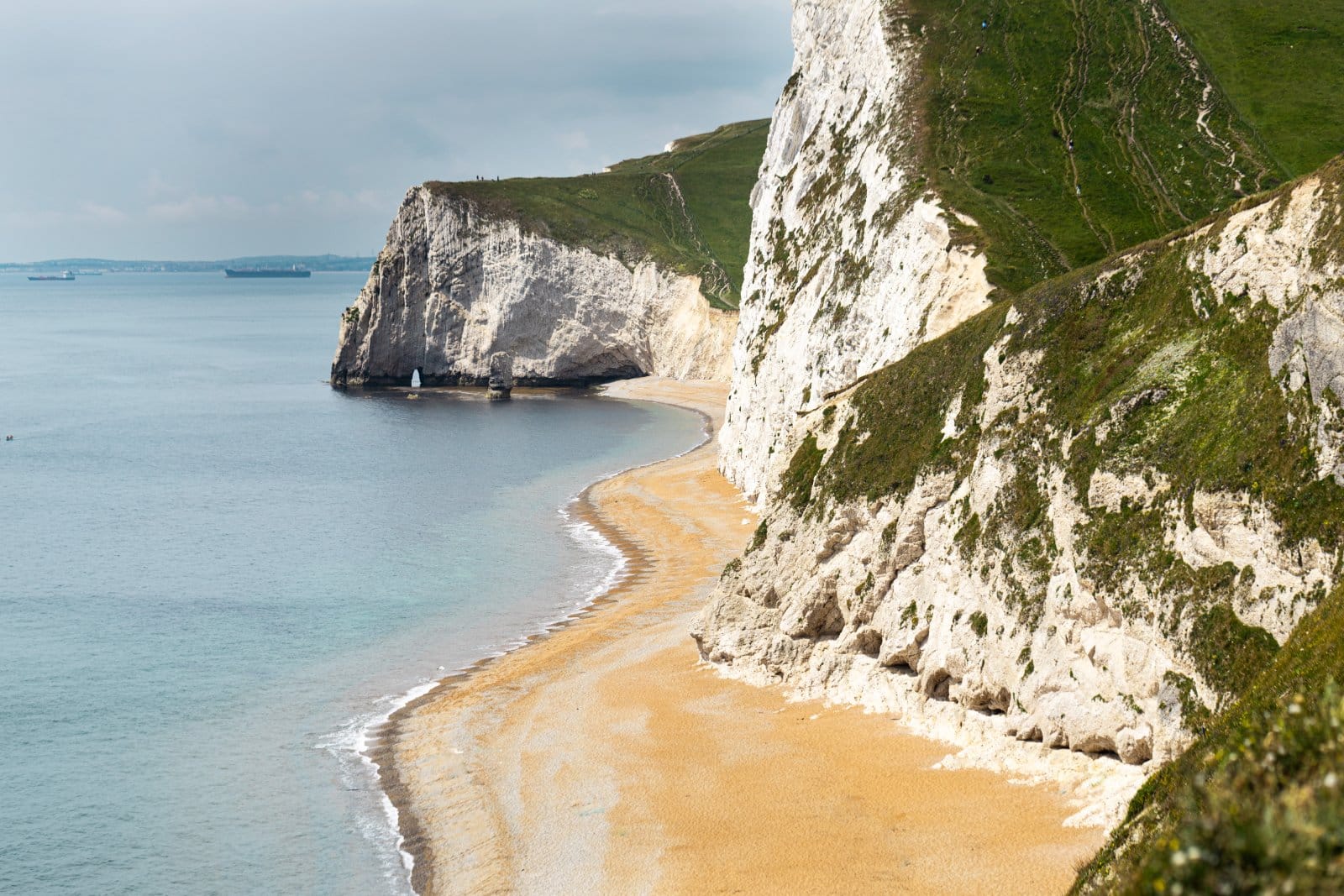
Found on the Dorset coast, Scratchy Bottom refers to a rough valley or hollow, ‘scratchy’ indicating the roughness of the terrain rather than any uncomfortable condition.
12. Steeple Bumpstead
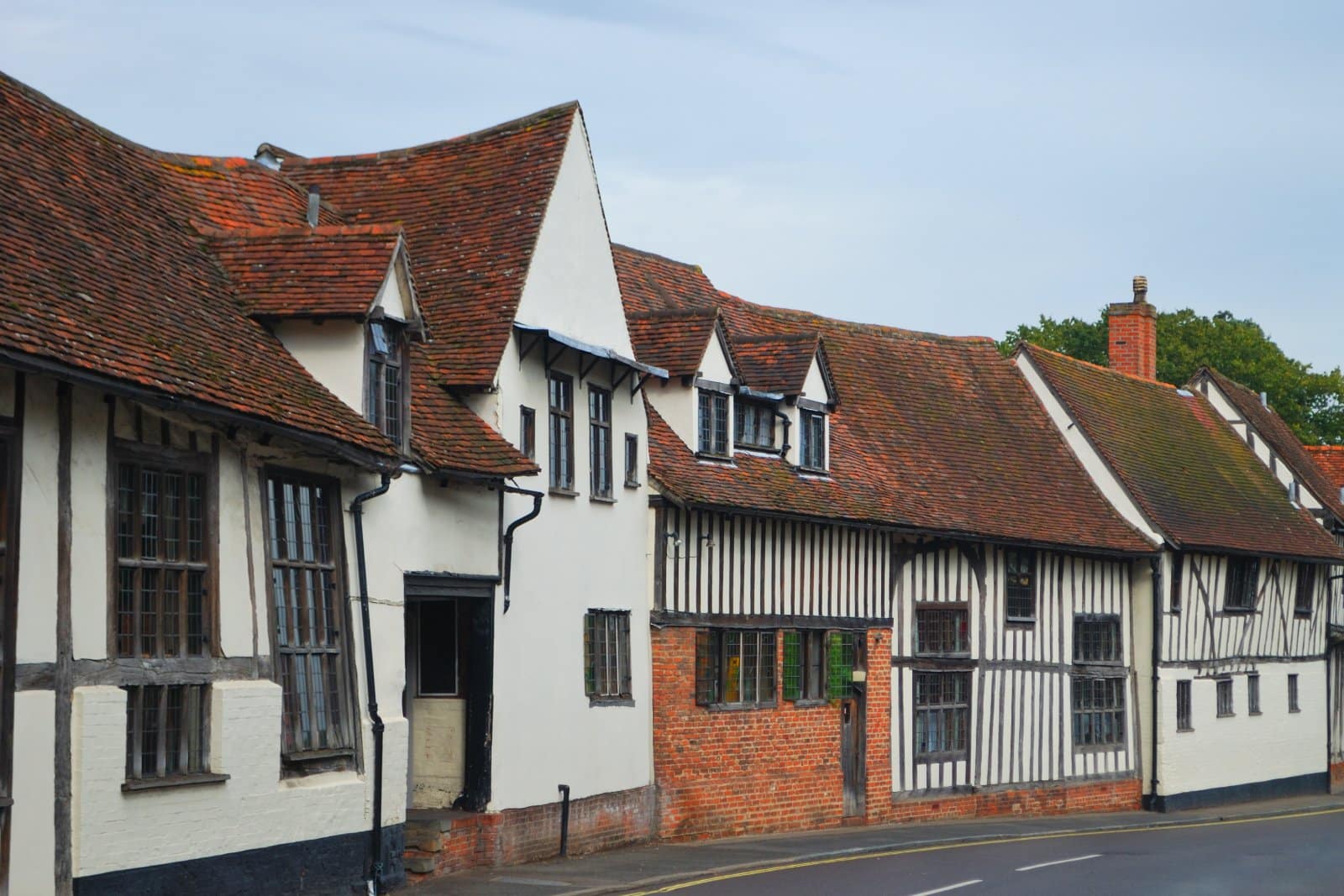
This Essex village combines ‘steeple’, indicating the presence of a church with a prominent steeple, with ‘Bumpstead’, from ‘bump’ or tree stump, and ‘stead’, a place.
13. Titty Ho
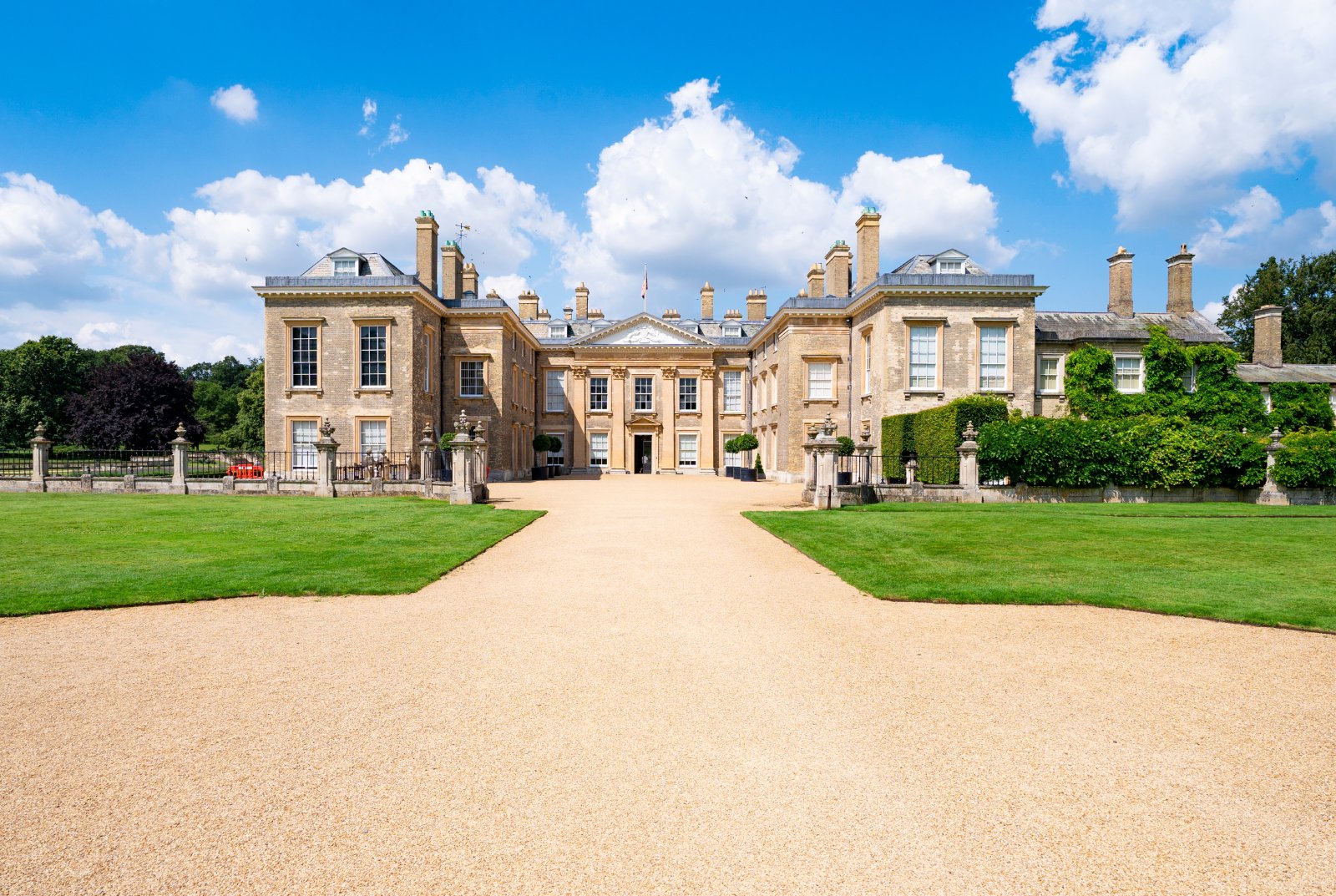
Found in Northamptonshire, Titty Ho could be from an old term for a small hill or a rise, though its origins remain unclear, leading to much amusement.
14. Upperthong
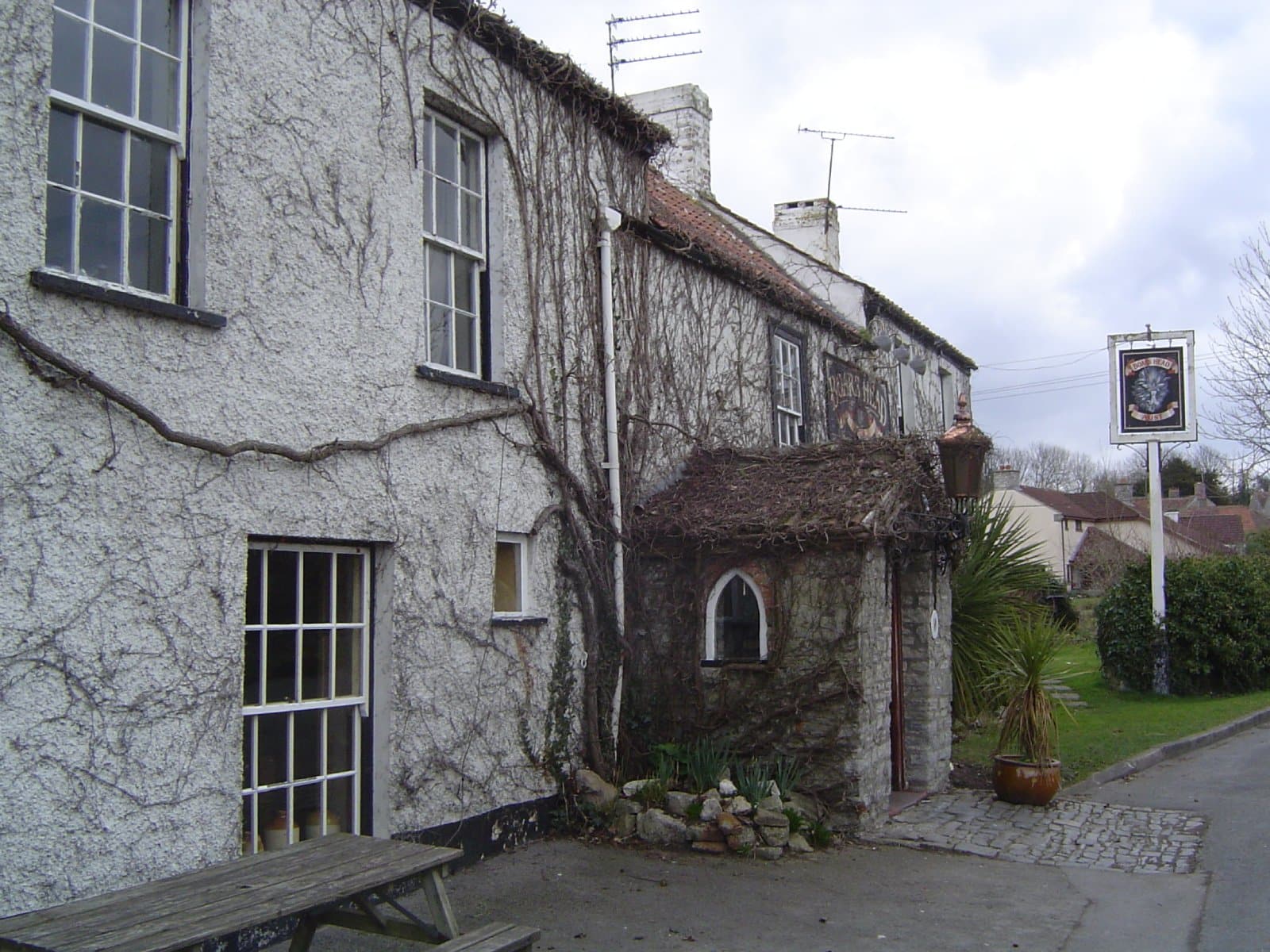
Located in West Yorkshire, Upperthong, along with its neighbour Netherthong, possibly derives from an Old English term meaning a strip of land.
15. Matching Tye
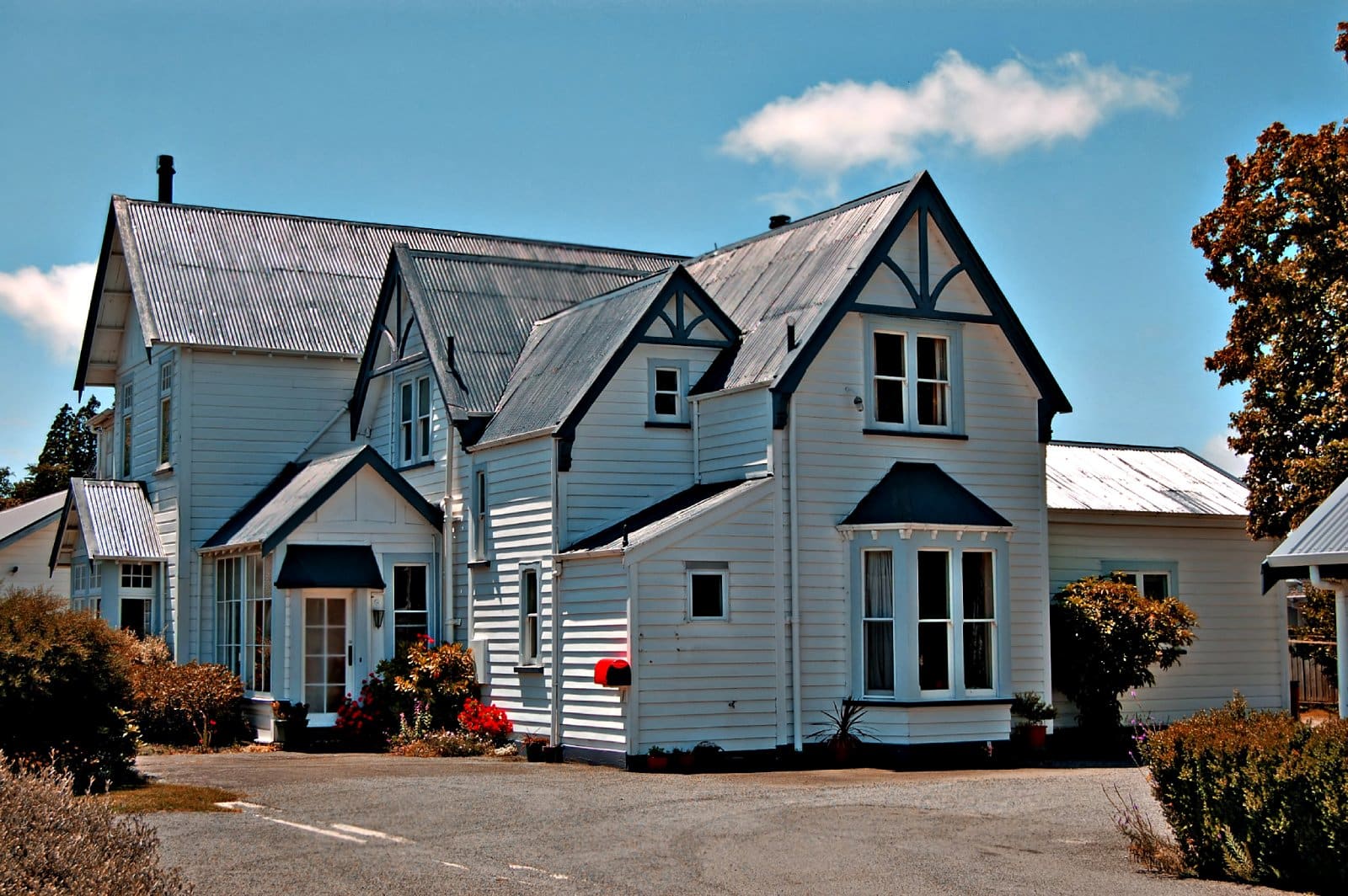
Matching Tye in Essex includes the suffix ‘Tye’, an old term for a common pasture, linked to the village of Matching.
16. Nether Wallop
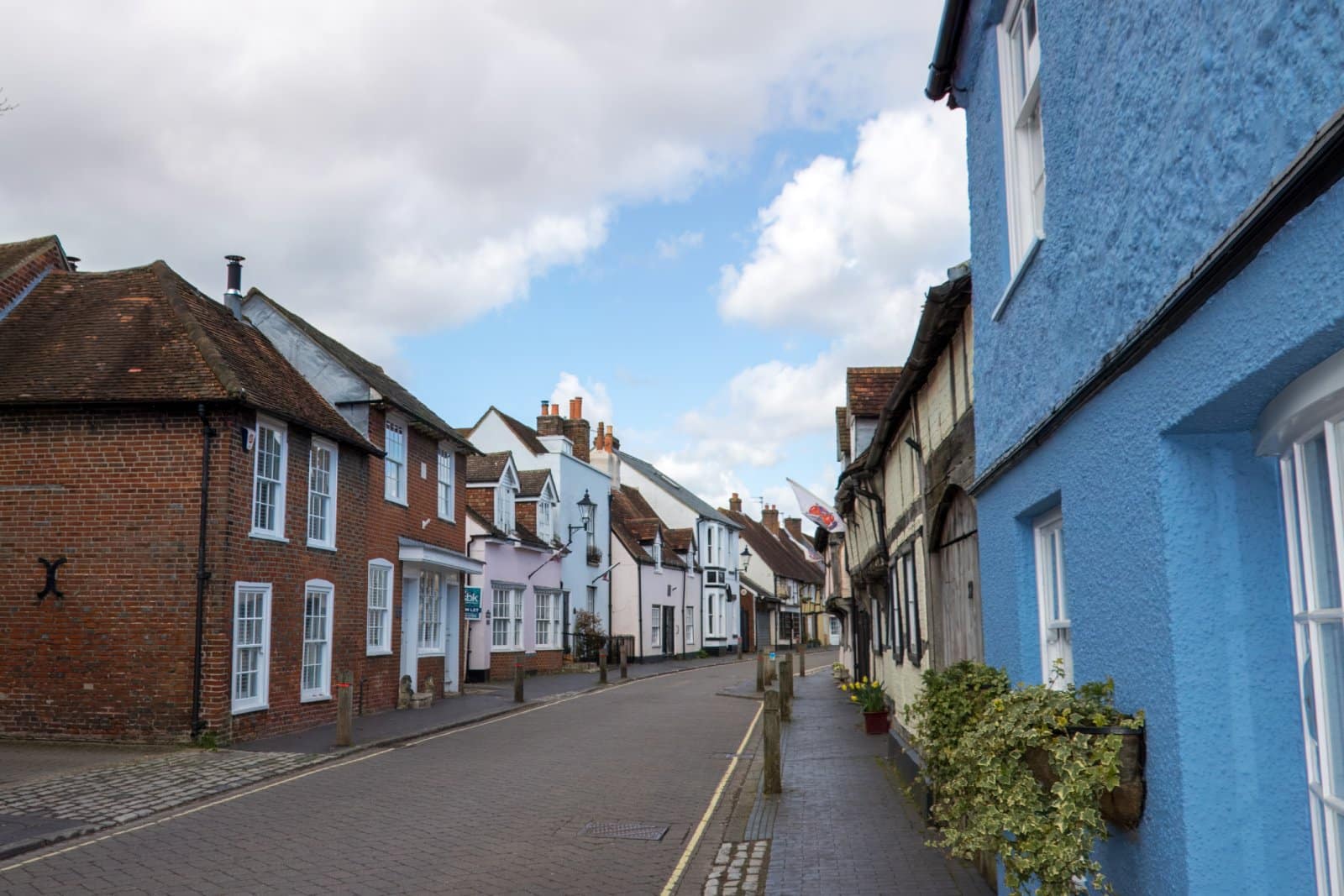
This Hampshire village has a name possibly derived from the Old English ‘wealh-hop’, meaning a valley occupied by Welsh or Celtic speakers.
17. Frying Pan Alley

Situated in London, Frying Pan Alley’s name likely commemorates the ironmongers or metalworkers that once populated the area.
18. Booby Dingle
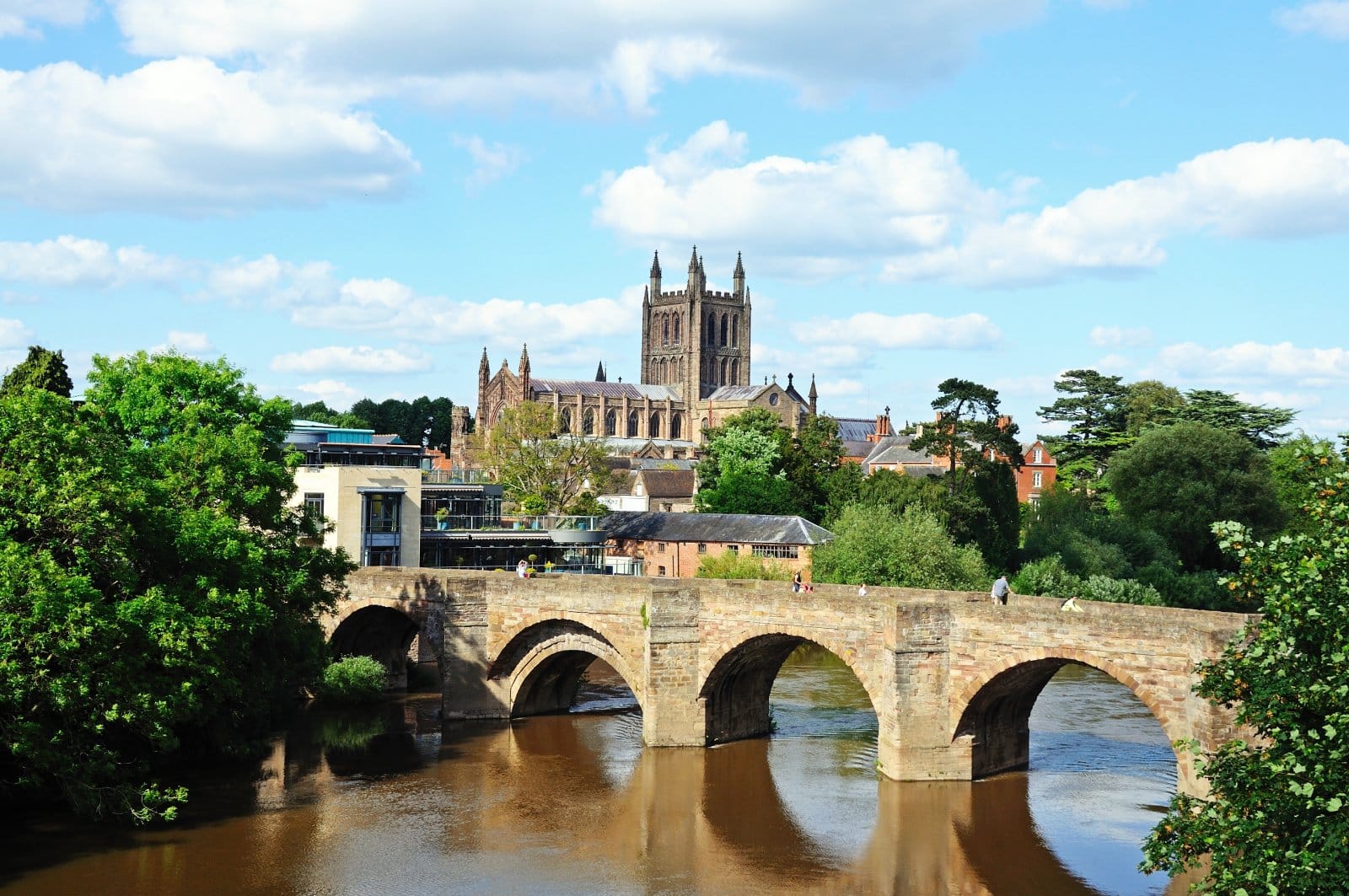
Located in Herefordshire, this comically named spot likely comes from an Old English word for a wooded valley, though its current form invites giggles.
19. The Land of Green Ginger
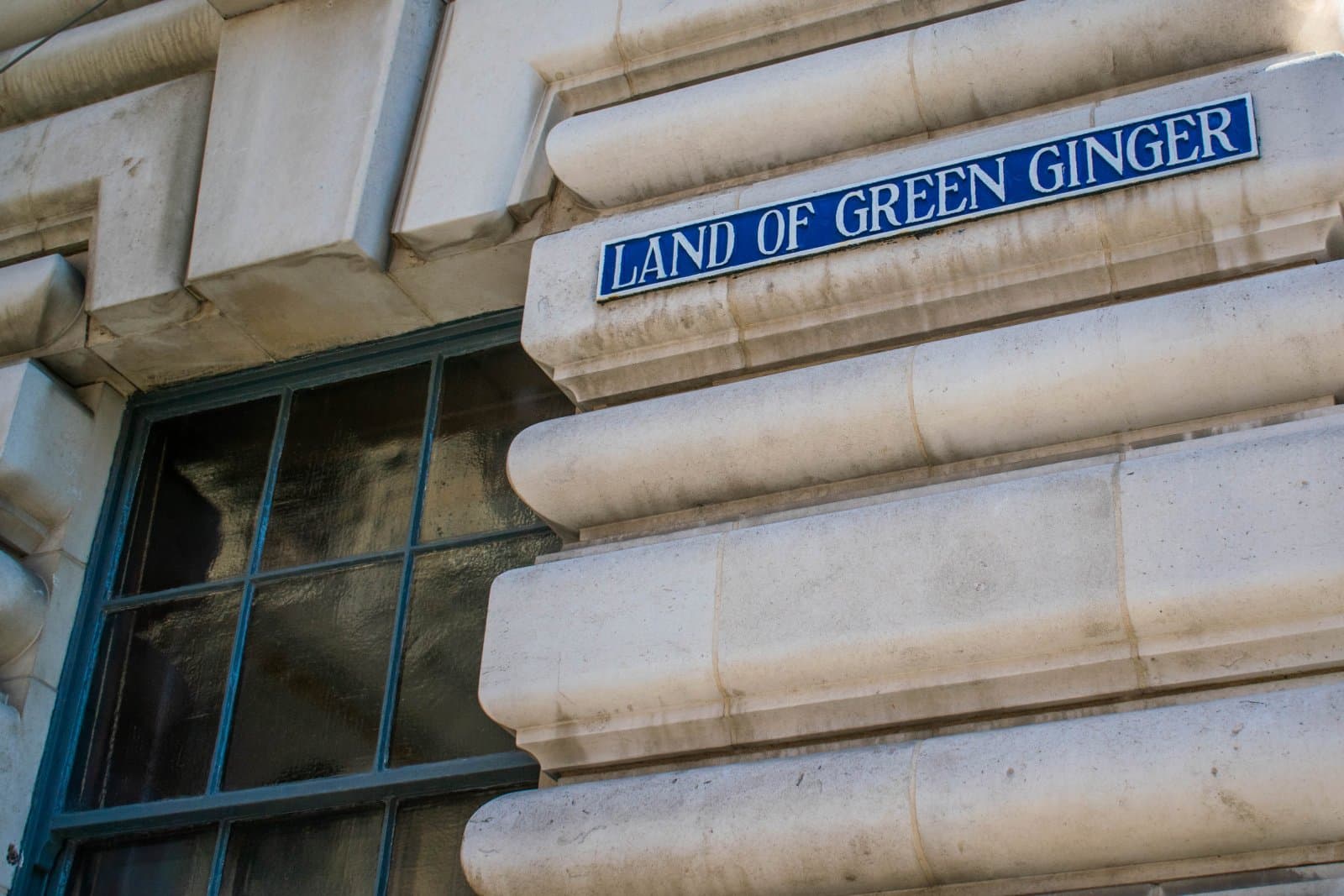
This unusually named street in Hull might be a corrupted form of a Latin term, or a fanciful renaming inspired by exotic spices traded here.
20. Wetwang
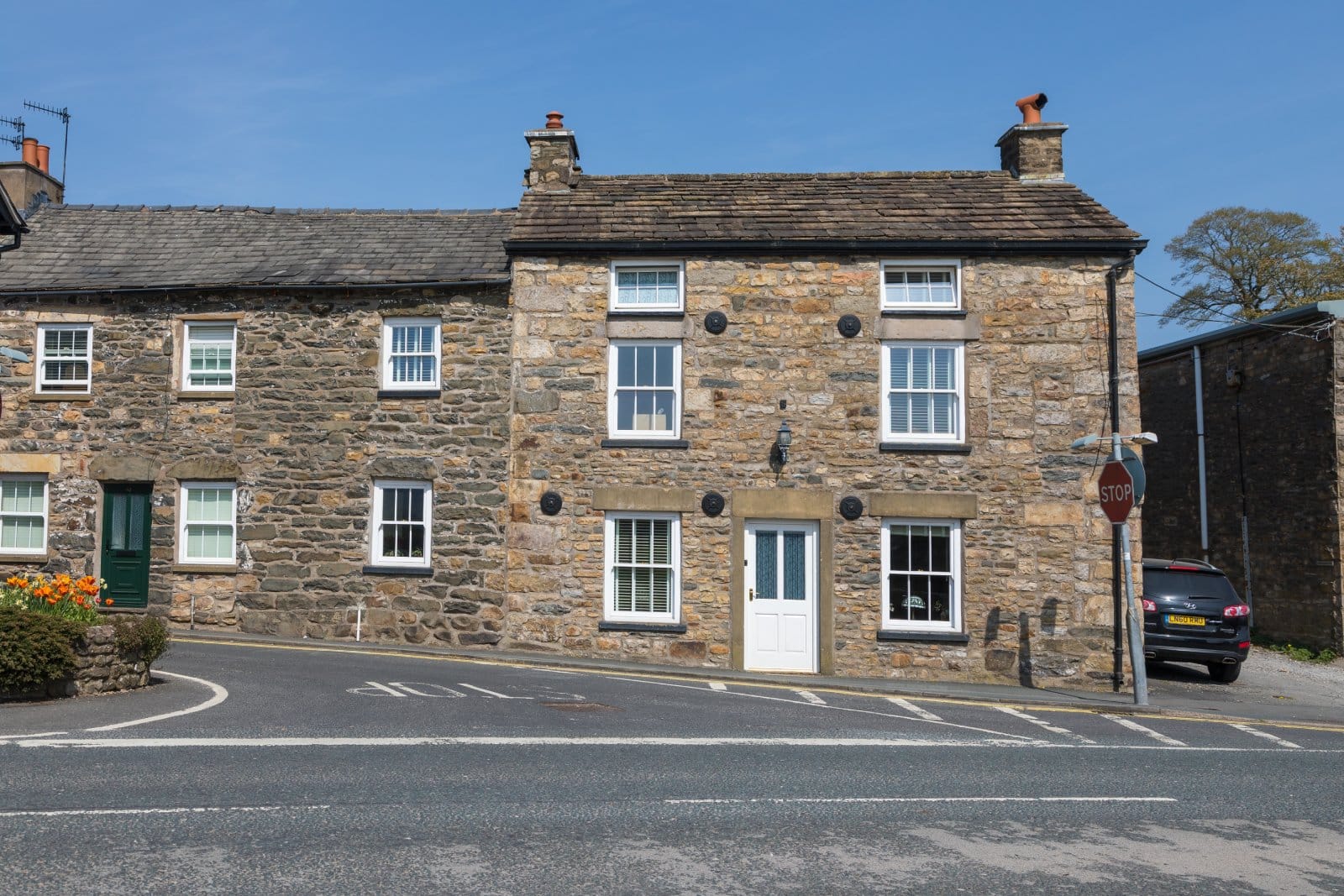
Originally ‘Wetwang’ in Old Norse, this Yorkshire village’s name means a wet field or meadow, quite fitting for the often damp British climate.
21. Wyre Piddle
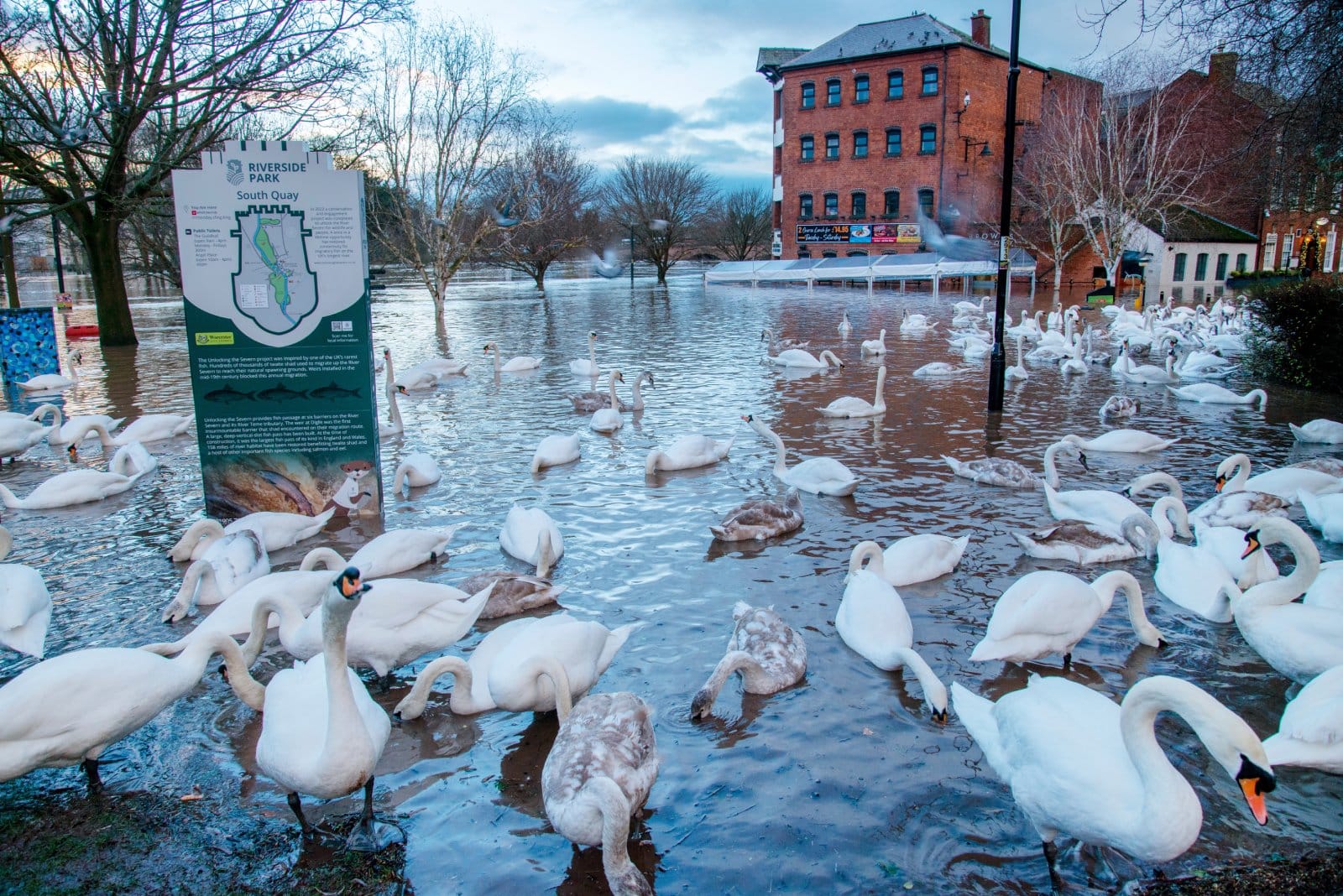
This Worcestershire village’s name is from the River Wyre on which it sits, and ‘Piddle’ referring to a marsh or fen, in Old English.
A Quirky Tour Completed

From baffling to amusing, these place names not only provide a chuckle but also a glimpse into the linguistic and cultural tapestry that is uniquely British.
The post 21 Unique UK Place Names and Their Fascinating Origins first appeared on LoveLists.
Featured Image Credit: Shutterstock / Neil Bussey.
For transparency, this content was partly developed with AI assistance and carefully curated by an experienced editor to be informative and ensure accuracy.

